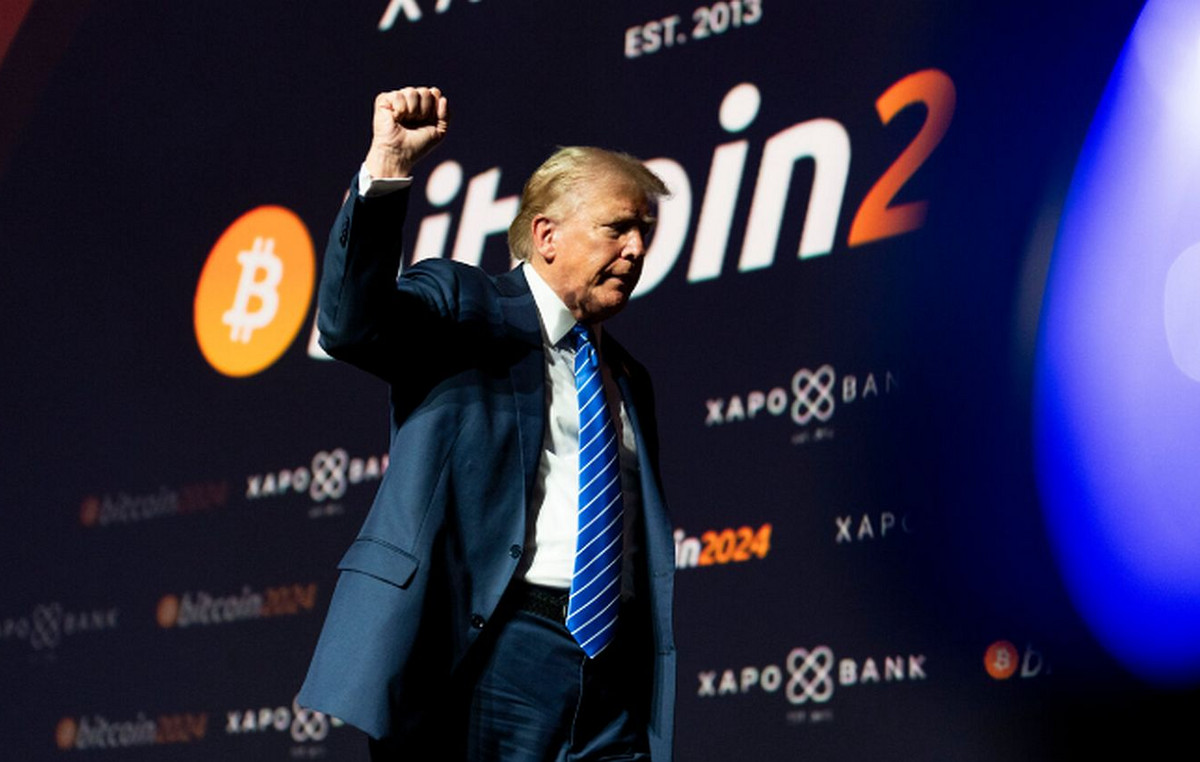In an interview with CNN this Wednesday (9) former Central Bank (BC) president Gustavo Loyola commented on the current discussion around the Proposed Amendment to the Constitution (PEC) on Fuels and on the institution’s messages to the country’s fiscal policy.
For Loyola, the text being discussed in the Senate on the PEC on Fuels “may worsen the fiscal situation, generating effects on the expectations of economic agents, raising the exchange rate and devaluing the real”, he said.
The former president of the BC points out that, currently, it is necessary to “improve the performance of public accounts”, since a worsening “can have negative effects on economic activity and investments”.
Regarding the minutes of the Monetary Policy Committee (Copom) released on Tuesday (8), Loyola commented that it is a message in which the BC makes it clear that “it is unhappy with the country’s fiscal situation. This is not the first time that the entity has issued an alert for the need for measures in the fiscal area and I believe that the tone was more incisive this time,” he said.
Loyola commented that there are not many options for a reduction in fuel prices in the short term. For him, there are two options that can be followed: “the first is to reduce taxes, but with a corresponding cut in public expenditure or the creation of another tax to balance the accounts”.
Another alternative, according to the former president of the BC, would be through a “change in the tax structure on fuels in Brazil, but with responsibility”, he said.
Loyola, however, criticized measures such as the creation of a stabilization fund. “They don’t solve it, they are artificial ways of trying to solve the problem. It is similar to what has been done in the past with the price freeze.”
Finally, Loyola evaluated that the electoral scenario makes the advancement of measures more challenging. “Obviously, the entire political area of the government sets other priorities. In this way, it becomes increasingly difficult for the Minister of Economy to approve his own agendas. Paulo Guedes was losing substance within the government,” he concluded.
Source: CNN Brasil
I am Sophia william, author of World Stock Market. I have a degree in journalism from the University of Missouri and I have worked as a reporter for several news websites. I have a passion for writing and informing people about the latest news and events happening in the world. I strive to be accurate and unbiased in my reporting, and I hope to provide readers with valuable information that they can use to make informed decisions.







